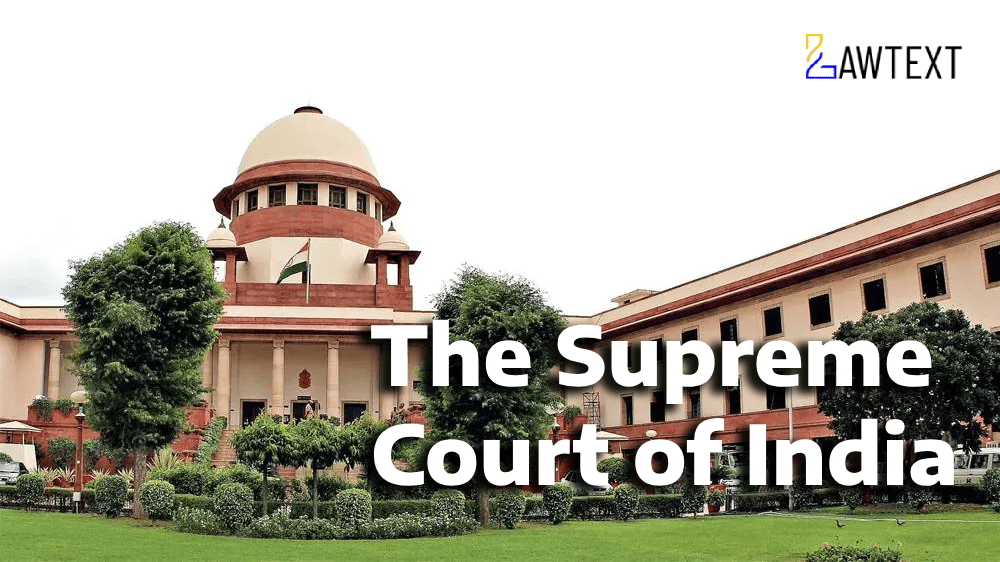Case Note & Summary
The Supreme Court of India, in the case of A. B. Govardhan v. P. Ragothaman, overturned the decision of the Division Bench of the Madras High Court, restoring the judgment of the Single Judge that had recognized a mortgage by deposit of title deeds. The apex court reduced the interest rate from 36% to 12% per annum and imposed costs on the appellant for delaying the judicial process. The Court highlighted the importance of substantive justice and the validity of the mortgage agreement under Section 58(f) of the Transfer of Property Act, 1882.
Introduction:The case of A. B. Govardhan v. P. Ragothaman revolved around the dispute of a mortgage created through the deposit of title deeds. The appellant, A. B. Govardhan, had extended a loan to the respondent, P. Ragothaman, secured by a mortgage on immovable property. The Madras High Court's Division Bench had previously set aside the Single Judge's decision, leading to an appeal to the Supreme Court.
Factual Background: Loan and Agreement: In February 1995, the respondent approached the appellant for a loan of ₹10 lakhs, secured by a mortgage on his properties. The agreement included the creation of two registered mortgages and four promissory notes. Dispute: The respondent defaulted on the loan, leading to a panchayat where an agreement was reached, acknowledging the debt and promising repayment through the sale of the mortgaged property. Legal Proceedings: The appellant filed a suit in the High Court, which was initially ruled in his favor by the Single Judge, recognizing the mortgage by deposit of title deeds. Supreme Court Judgment: Restoration of Lower Court’s Decree: The Supreme Court set aside the Division Bench’s order, reinstating the Single Judge’s decree, affirming the validity of the mortgage. Reduction of Interest Rate: The Court reduced the interest rate from 36% to 12% per annum, considering the former rate excessive. Imposition of Costs: The appellant was ordered to pay ₹1,20,000 in costs for causing unnecessary delay in the judicial process. Legal Reasoning: Mortgage by Deposit of Title Deeds: The Court emphasized the legal principle under Section 58(f) of the Transfer of Property Act, recognizing the validity of a mortgage created through the deposit of title deeds without the need for a registered instrument. Absence of Evidence for Coercion: The respondent’s plea of coercion in signing the agreement was dismissed due to the lack of supporting evidence. Conclusion:The Supreme Court's decision underscores the importance of adherence to legal principles in mortgage transactions and the need for courts to ensure substantive justice. The judgment not only rectifies the errors made by the Division Bench but also sets a precedent for similar disputes in the future.
Issue of Consideration: A. B. GOVARDHAN VERSUS P. RAGOTHAMAN
Premium Content
The Issue of Consideration is only available to subscribed members.
Subscribe Now to access critical case issues







